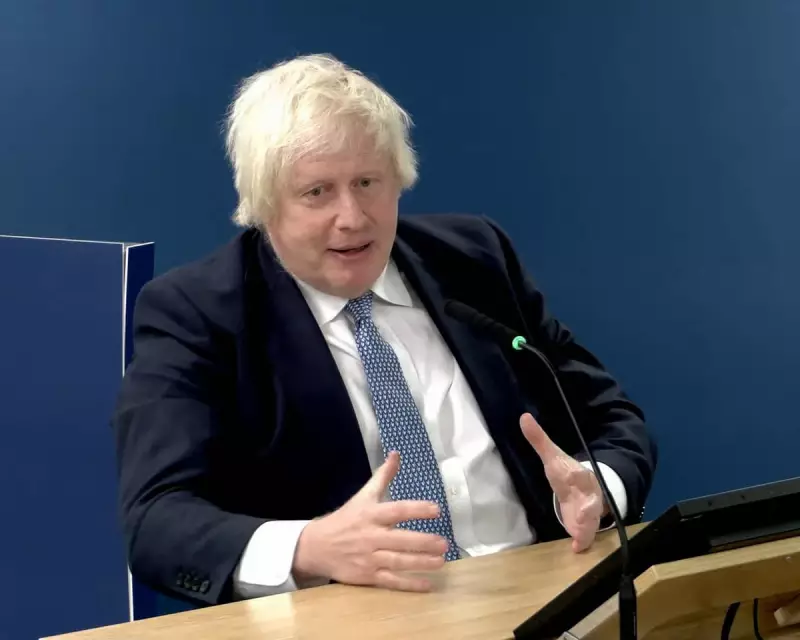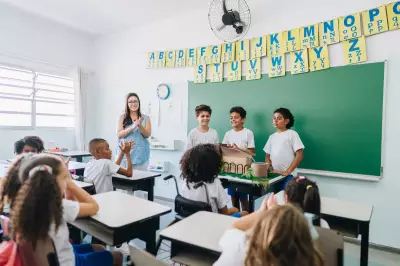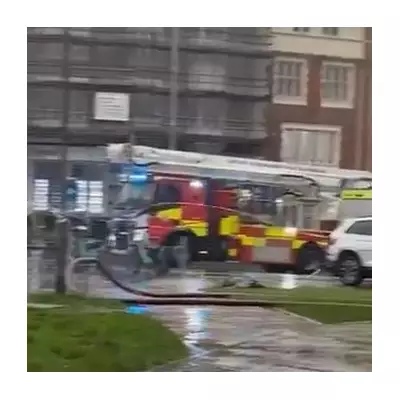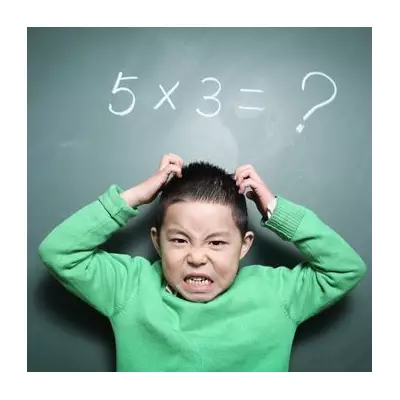
In a dramatic testimony before the UK Covid Inquiry, former Prime Minister Boris Johnson has delivered a scathing assessment of the Department for Education's preparedness for the pandemic, revealing that officials had no credible plan for dealing with mass school closures.
"No Proper Planning" for Education Crisis
Johnson told the inquiry that when the pandemic struck, the DfE was caught completely off guard despite years of pandemic planning exercises. "There was no proper planning for the closure of schools," he stated bluntly, highlighting what he described as a critical failure in the government's emergency preparedness.
The revelation raises serious questions about why education authorities hadn't developed robust contingency plans, given that school closures were always considered a likely measure during a severe pandemic.
Children's Education Paid the Price
The absence of pre-existing plans meant that when schools were eventually forced to close, the government was left scrambling to implement remote learning solutions. This lack of preparation had profound consequences:
- Millions of children experienced significant disruption to their education
- Teachers struggled to implement effective remote learning without proper guidance
- Vulnerable students from disadvantaged backgrounds were disproportionately affected
- Parents were left without adequate support for home schooling
A Pattern of Unpreparedness
Johnson's testimony adds to growing evidence that multiple government departments were ill-prepared for the scale of the Covid-19 crisis. The education sector's lack of contingency planning mirrors similar failures identified in other areas of the government's pandemic response.
The former Prime Minister's evidence continues to paint a picture of a government machinery that, despite theoretical planning exercises, was fundamentally unprepared for the practical realities of managing a nationwide health emergency.
As the inquiry continues, education leaders and policymakers will face increasing scrutiny over why more wasn't done to protect children's education during what became one of the biggest disruptions to schooling in modern British history.





